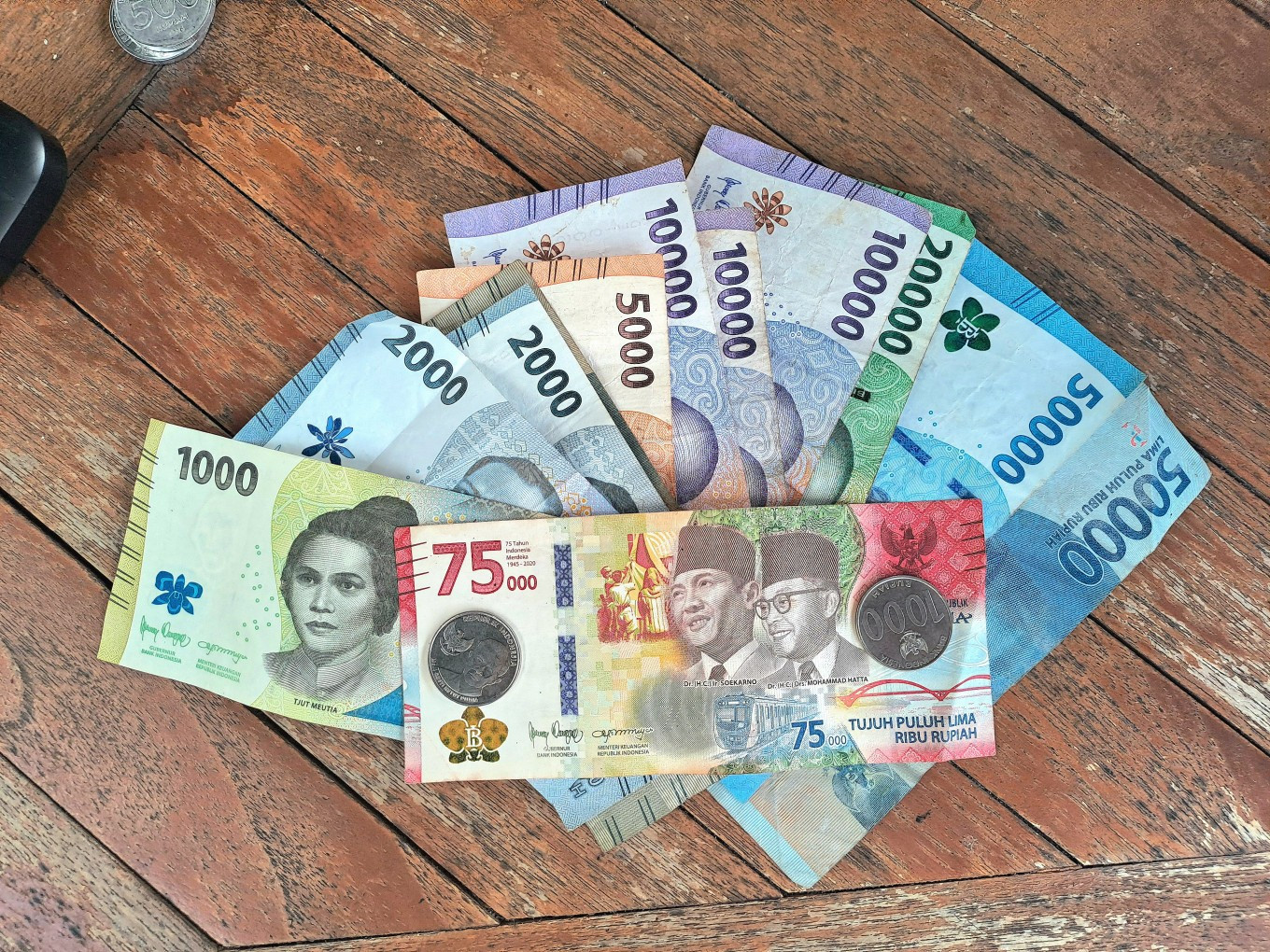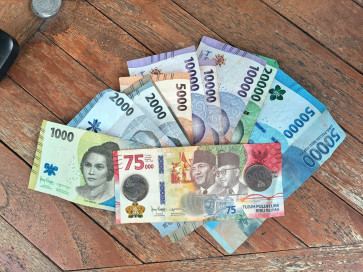Popular Reads
Top Results
Can't find what you're looking for?
View all search resultsPopular Reads
Top Results
Can't find what you're looking for?
View all search resultsAnalysis: Indonesia moves toward rupiah redenomination during stable period
Change text size
Gift Premium Articles
to Anyone
T
he Indonesian government and Bank Indonesia (BI) have once again floated the possibility of redenominating the rupiah. The proposal aims to enhance economic efficiency, stabilize the currency's exchange rate, strengthen public confidence in the rupiah and maintain purchasing power. Critics, however, argue that the initiative risks diverting government resources from more substantive economic priorities. Still, Indonesia's current macroeconomic stability may provide a window for the policy as a corrective measure to past episodes of hyperinflation.
Finance Minister Regulation (PMK) No. 70/2025 on the 2025–2029 Strategic Plan (Renstra) sets a target for completing the Rupiah Redenomination Bill by 2027. Redenomination would remove the last three zeros from the currency - turning Rp 1,000 into Rp 1 - without changing its underlying value. While the Finance Ministry is championing the regulatory agenda, it emphasized that the authority to implement redenomination rests with BI. The bill has also been included in the House of Representatives' 2025–2029 Medium-Term National Legislation Program (Prolegnas), following BI's recommendation.
Redenomination is typically pursued by countries emerging from periods of prolonged inflation or severe currency devaluation, once stability has been restored. It is also implemented during transitions into or out of currency unions, such as the adoption of the euro. Indonesia does not currently face these pressures, which is why some observers question the urgency of pursuing redenomination now. However, proponents argue that the policy can still be justified as a long-term structural reform to improve efficiency and modernize the currency system - especially while macroeconomic conditions remain stable.
BI renewed efforts to push for redenomination in 2012 after five years of research, citing inefficiencies caused by the currency's high nominal digits. The House included the first Redenomination Bill in its 2013 Prolegnas, but BI ultimately deferred the policy because of global economic instability. The central bank attempted again in 2017, but the Finance Ministry deemed it a lower priority. A proposal to reintroduce it in the 2020–2024 Renstra was shelved amid the COVID-19 pandemic.
Although BI continues to support redenomination conceptually, it now prioritizes economic growth and stability. The Finance Ministry similarly states the policy will not be implemented in the short term. Some experts oppose redenomination because they view it as costly and slow-moving, with limited macroeconomic impact. They argue that if Indonesia proceeds, it must accompany the change with regulations to ease contract and debt conversions, strengthen financial literacy and improve the prevention of counterfeit currency circulation.
The House Budget Committee (Banggar) argues that redenomination is not urgent, even if it could enhance the rupiah's credibility. Banggar estimates that implementation would take around seven years after the bill is passed, with inflation risks from rounded-up prices during the transition. Conversely, House Commission XI supports redenomination for its potential to improve payment system efficiency and accounting practices, urging the government to conduct pilot programs.
Experiences from Turkey and Romania show that redenomination is most effective when carried out during periods of stable inflation. Simulation-based research also suggests that rupiah redenomination could help lower prices in both low-growth/high-inflation and high-growth/low-inflation scenarios. In Indonesia, inflation has remained relatively stable within BI's expected range of 1.5 to 3.5 percent, while the economy grew by an average of 4.29 percent from 2014 to 2024 - or 5.03 percent excluding the COVID-19 contraction and rebound in 2020–2022. These conditions indicate a favorable environment for a successful redenomination.



















